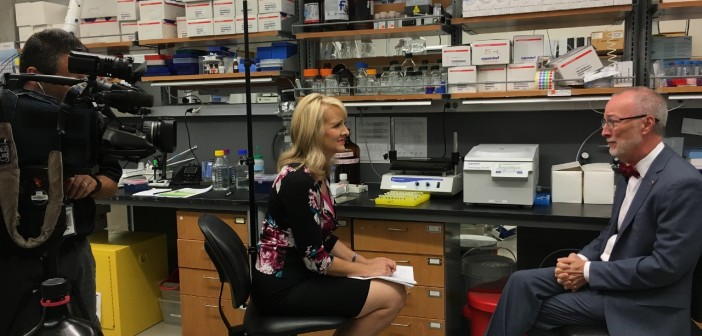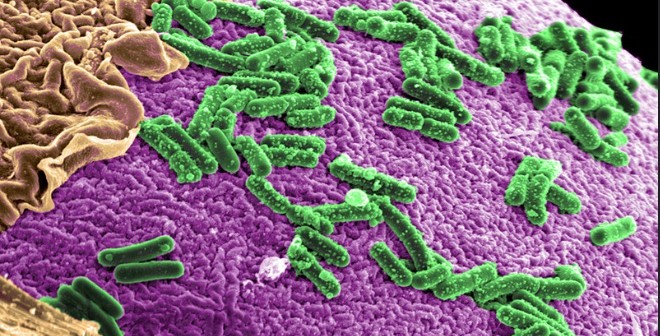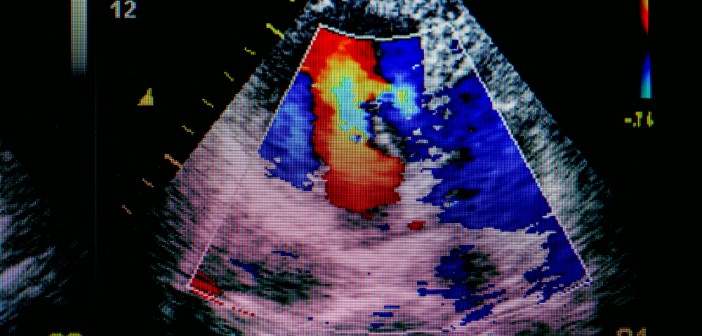Following a recent publication on the long-term effects of participation in TV’s “Biggest Loser” competition, Steven Smith, MD, professor in SBP’s Integrative Metabolism Program and director of the Translational Research Institute for Metabolism and Diabetes at Florida Hospital, was interviewed by NBC WESH TV Orlando reporter Amanda Ober. Smith explained why nearly all of the “Biggest Losers” regained large proportions of the weight they had lost, and sometimes even more. Continue reading “Why the “Biggest Losers” don’t win”
Why the “Biggest Losers” don’t win




